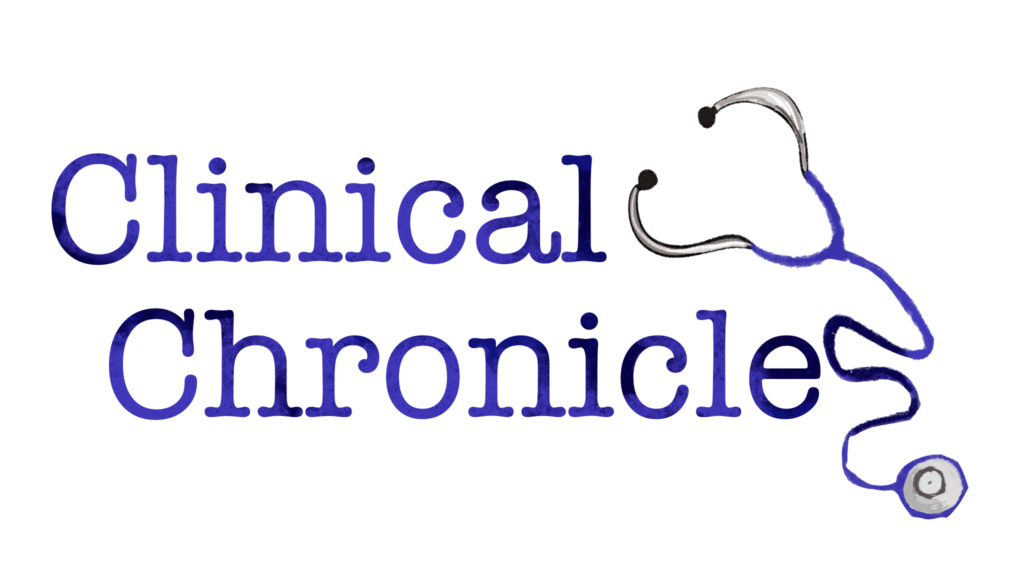A friend of mine studying nursing was recently asked why he does not want to become a doctor since he is so smart. The seemingly harmless question reminded me of a line from the film “Meet the Parents” (2000): “So you didn’t want to go for the M.D.?”
This patronizing question was posed to the movie’s protagonist and also a male nurse, Greg Focker (Ben Stiller). In the scene, Greg meets his girlfriend’s family, which is made up of esteemed male physicians who are disappointed by Greg’s career choice.
This scene is particularly relevant today, with the national nursing shortages. The stereotypes of male nurses that suggest nursing is feminine, including how male nurses are assumed to be gay and how male nurses are failed doctors exacerbate this issue even more. However, taking active steps to change the negative perception of male nurses will fix nursing shortages. We need to reduce the stigma surrounding male nurses.

Ha-Tien Nguyen/ Staff Illustrator
Nursing shortages date back nearly 100 years to the ’30s when economic hardships and high unemployment rates from the Great Depression led to an increased demand for nurses. Even with almost 2.6 million active nurses today, we are still in need of 1.2 million more by 2030 to stop this nursing shortage, as projected by the Bureau of Labor Statistics. According to the U.S. Bureau of Labor Statistics, there are more men in nursing now than ever, but they still make up only 12% of the nursing workforce. More men must join.
As easy as it sounds for more men to join, the sexist stereotype that men are expected to be doctors while women should be nurses still clouds people’s judgements. For certain men, they may feel an insecurity of choosing the “inferior” career choice from being compared to male physicians.
The toxic stereotype echoes various studies that explore the barriers male nurses face. In a 2022 study published in The Journal of Men’s Studies, researchers found that though attitudes are changing as more men enter the field, nursing is so strongly correlated with feminine stereotypes that people question the sexuality of male nurses. Being the unconventional gender minority in the workplace, heterosexual male nurses can overexpress their masculinity as a result of insecurities regarding their sexuality. To eliminate suspicions of homosexuality, male nurses take measures to emphasize their heterosexuality, such as joining male units and taking more physically-demanding roles. Another recent study from Massey University in New Zealand found that men felt isolated due to the gender imbalance in the workplace. These studies reveal the glaring problem of why men are not incentivized to join the field.
To reverse this bias, there must be a change in two areas: media and education.
Media allows consumers to gain insight into the world and people. However, with the misrepresentation of male nurses, there is a danger of perpetuating stereotypes about male nursing. More equitable representation in the media is needed for the reversal of this imagery. In TV, whether through shows or news programming, having more comprehensive and diverse portrayals of male nurses as integral team members in healthcare is valuable. Additional educational campaigns, like the American Association for Men in Nursing (AAMN), can also be implemented to highlight gender diversity and create a more inclusive environment within the field. The AAMN has created an unparalleled support system for men going into nursing; with more of these campaigns, more men will feel validated in their professional journey.
Increased efforts in educating the public are needed to provide better awareness of the intricacies of the field. Implementing more early exposure programs, such as school field trips to hospitals, will allow male students to gain insight into the field of nursing at an early age. Having male role models is vital in inspiring male students to pursue nursing. An easy and accessible way to do this is by having male nurses attend career fairs to discuss their experiences with students. Moreover, emphasizing the benefits of nursing, such as the flexibility that the career path offers compared to other healthcare professions, will prevent misconceptions surrounding the field of nursing. Nurses play an essential role in delivering quality healthcare, and people should not be shamed for choosing nursing over pursuing a doctorate in medicine.
Realistically, the nursing shortage may never be fully resolved. However, by shifting attitudes towards male nurses and fostering inclusivity, the barriers to nursing entry will be mitigated, bridging gender disparities in healthcare and improving the quality of healthcare.
Daniel Sung (26C) is from Sunnyvale, Calif.





